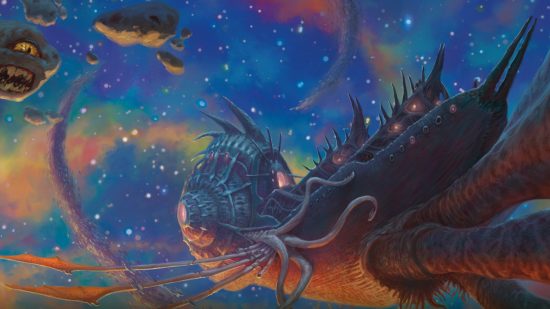After walking a long and painful path with its plans to update the Dungeons and Dragons Open Gaming Licence, Wizards of the Coast ended up promising to leave the OGL exactly as it is. In fact, it’s newly committed to making DnD more open than it was before, releasing sections of the SRD 5.1 (containing the rules for Dungeons and Dragons 5e) under a Creative Commons licence.
However, now Ryan Dancey, former D&D brand manager, and one of the architects of the original DnD OGL, has criticised Wizards of the Coast for, in his view, using “the wrong CC licence”.
Wizards has released its CC material under the Creative Commons Attribution 4.0 International License (“CC-BY-4.0”). According to Dancey, this is an issue “because CC-BY does not require you to give the same rights to your derivative works to the public that you received from the upstream contributors of the work you’re using to make those derivative works.”
To put it less confusingly, whereas the OGL requires derivative works to use the same licence and keep their tabletop RPG content open, Dancey says this isn’t required under CC-BY-4.0. Someone could take D&D’s rules, make new content from it, and then close that content off with a new, more restrictive licence.
“Would Wizards intend to let someone take the rules of D&D, make a derivative work from it that might possibly be better, close that work, and “fork” the commons? I say no, they would not,” remarked Dancey on Twitter. “They just used the wrong license.”
If correct, this wouldn’t just be an issue that impacts Wizards of the Coast. It might change the entire open ecosystem that’s developed around 5e and the OGL. Dancey reckons the right ‘copyleft’ licence to use would’ve been CC-BY-SA, the crucial SA for Share-alike meaning that all content published this way has to use the same licence as the original.
However, while he thinks Wizards used the wrong licence, it seems Dancey doesn’t believe the mistake will have any dramatic impact. “It is unlikely there will be much use (if any) of the CC-BY fork,” he says, suggesting that creators will continue to publish their work under the OGL, just as they did before.
Source: Wargamer




